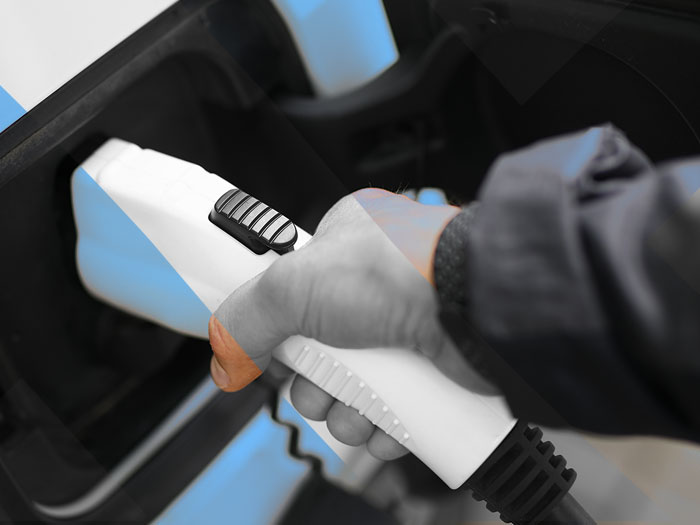News
better business decisions
Posted 1 year ago | 2 minute read

UK to increase energy flexibility from EVs and appliances
The government has set out plans to introduce new regulations to utilise energy flexibility from EVs and appliances, aiming to enhance grid stability and encourage consumer adoption of smart devices.
The Smart Secure Electricity Systems (SSES) Programme is designed to create the technical and regulatory frameworks to enable the untapped flexibility from small scale devices, such as domestic electric vehicle charge points and heat pumps. It should contribute to electricity system decarbonisation in a way that protects consumers and the electricity system. Published on 16 April, the consultation seeks views on new standards for energy smart appliances and organisations which provide demand side response services or can remotely control electrical load. These plans include establishing minimum requirements for cyber security and grid stability, as well as minimum product standards for energy-efficient appliances, aiming to boost consumer confidence and facilitate the adoption of smart devices for cost-saving purposes.
This consultation builds on both the 2022 Delivering a smart and secure electricity system consultation and the 2023 government response to that consultation.
The consultation questions are split into sections over 3 documents. The Energy Smart Appliances (ESA) paper sets out proposals on a set of minimum standards for ESAs that adhere to the principles of interoperability, cybersecurity, data privacy and grid stability. The Licencing Regime paper (56 questions) sets out proposals on the type of organisations that will require a load control licence, requirements around consumer protections, data privacy, consumer switching, management and financial controls and a framework and design principles for cyber security and technical requirements in the licence. The Time of Use Tariff paper sets out the scope of a tariff data standard for energy suppliers to meet so energy smart appliances can easily receive and respond to tariff information from different energy suppliers and the proposed regulatory and delivery solutions.
Minister for energy efficiency and green finance Lord Callanan said: “Smart devices mean consumers with a smart meter can easily use the cheapest tariffs to charge their car or heat their home […] These latest measures will help families get the best deal through their smart device and could help save up to £50 billion by 2050 – meaning lower bills for families, while supporting up to 24,000 jobs across UK.”
The consultation closes at on 11 June.






